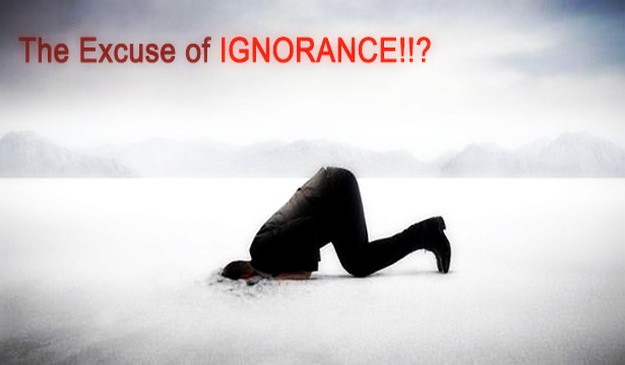- 1. Ignorance
section
Ignorance
The study of the two psychologists is based on an interesting criminal case from 1995 when a 44-year-old man robbed two banks. McArthur Wheeler robs a bank by covering his face with lemon juice and is convinced that this will make him invisible to the cameras. He is very surprised when he sees the recordings from the camera, unable to understand where he went wrong.
Ignorance and incompetence lead to greater self-confidence than knowledge. In addition, ignorant people tend not to recognize the abilities of others. The reason for this effect is that knowledge grows awareness of the complexity of things. The knower has a clear idea of the extent of what he does not yet know.
And so it turns out that the ignorant can forget themselves in their own ignorance and not only overestimate their own abilities, but also greatly underestimate the abilities of others. In fact, competent and knowledgeable people are often underestimated - they do not perceive their abilities and knowledge as something special, because they expect others to have the same or even better abilities and knowledge about things.
All this perfectly illustrates the saying: "The problem with the world is that intelligent people are full of doubts, while stupid people are full of confidence."
Ignorant people are so ignorant that they often do not realize their own ignorance. The Dunning-Krueger effect provides a psychological explanation for this question. This is a type of cognitive impairment in which incompetent people in a field incorrectly assess their cognitive abilities as greater than they actually are. Justin Krueger and David Dunning found that it was "ignorance that gives rise to confidence more often than knowledge."
